When the teaser for Bala first came out, people were excited and impressed that a film on premature balding was being made. The knowledge that Ayushmann Khurrana, who has ably supported films with ‘off-beat topics’, was playing the lead had us invested in the film, even before the trailer released.
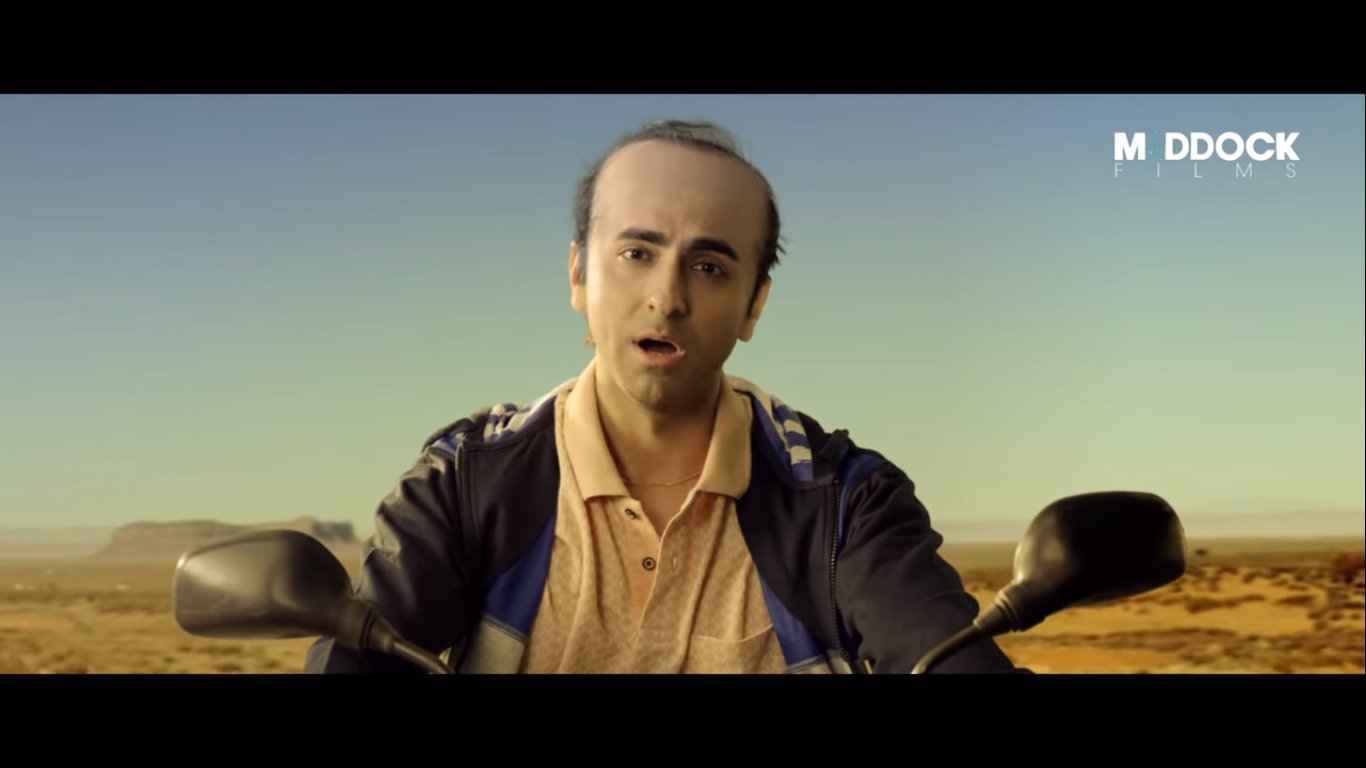
By the time the makers came to releasing the trailer, the film was embroiled in a different controversy – was it a copy of Ujda Chaman, the trailer for which released before Bala’s trailer? Both the films were on the same topic, and from the trailers, appeared to be strikingly similar in the treatment of their subject.
Content of 2 films could be same but how so many aspects could be similar. Both Ayushman & sunny playing teachers, both films have saurabh shukla, both trailers end with Hair transplant scene,posters are identical.Its going to be tough choice for the audience #Bala & #UjdaChaman
— Sumit kadel (@SumitkadeI) October 10, 2019
Now, that we’ve viewed both the movies (which released within the gap of a week), here are the impossible to ignore similarities:
1. In both movies, the protagonists suffer from premature balding, and despite being aware of their own insecurities, are quick to judge women who do not meet society’s accepted beauty standards.
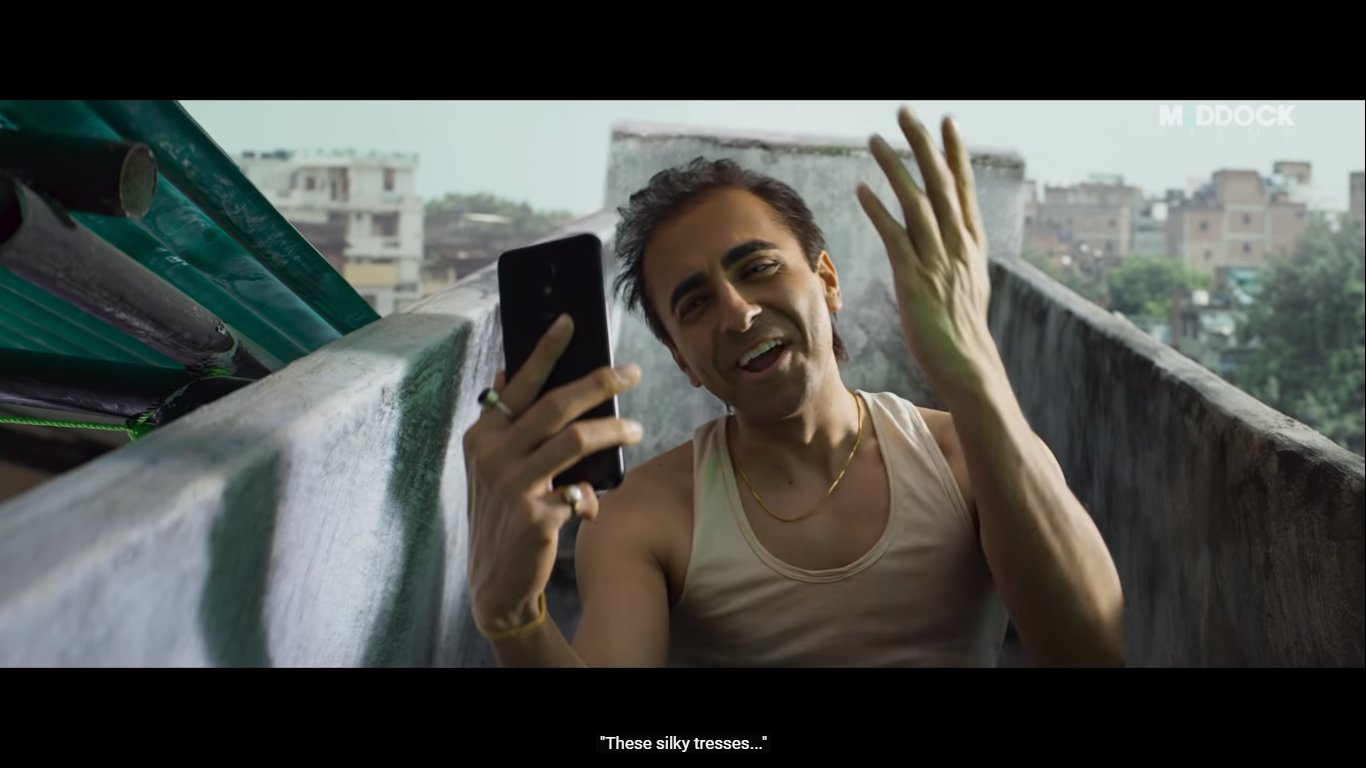
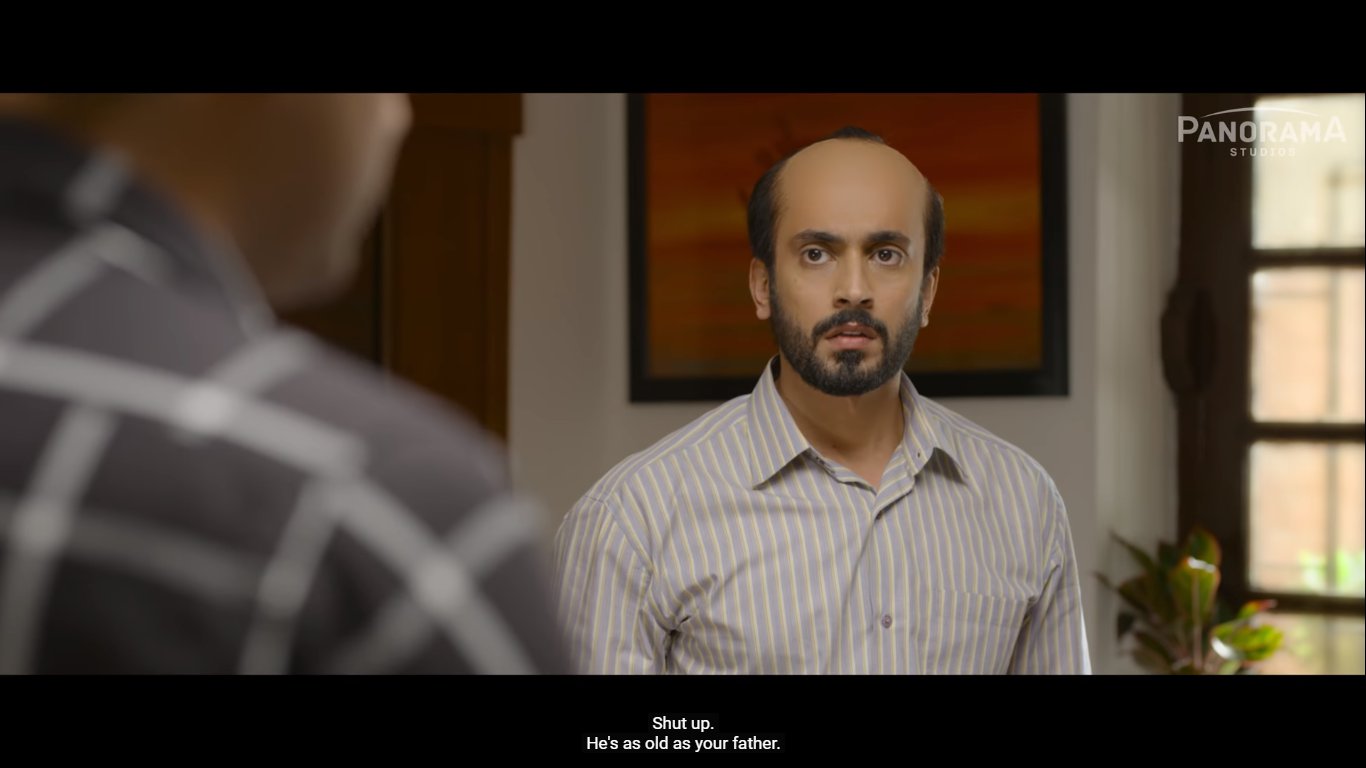
Even the family dynamics are presented similarly. In both cases, the hero is the elder brother, quick to fight with his younger brother (like most elder siblings), and ready to blame his parents for their genes.
2. In both cases, the protagonist employs various methods to grow hair, before ultimately rejecting hair transplant and deciding on a wig.
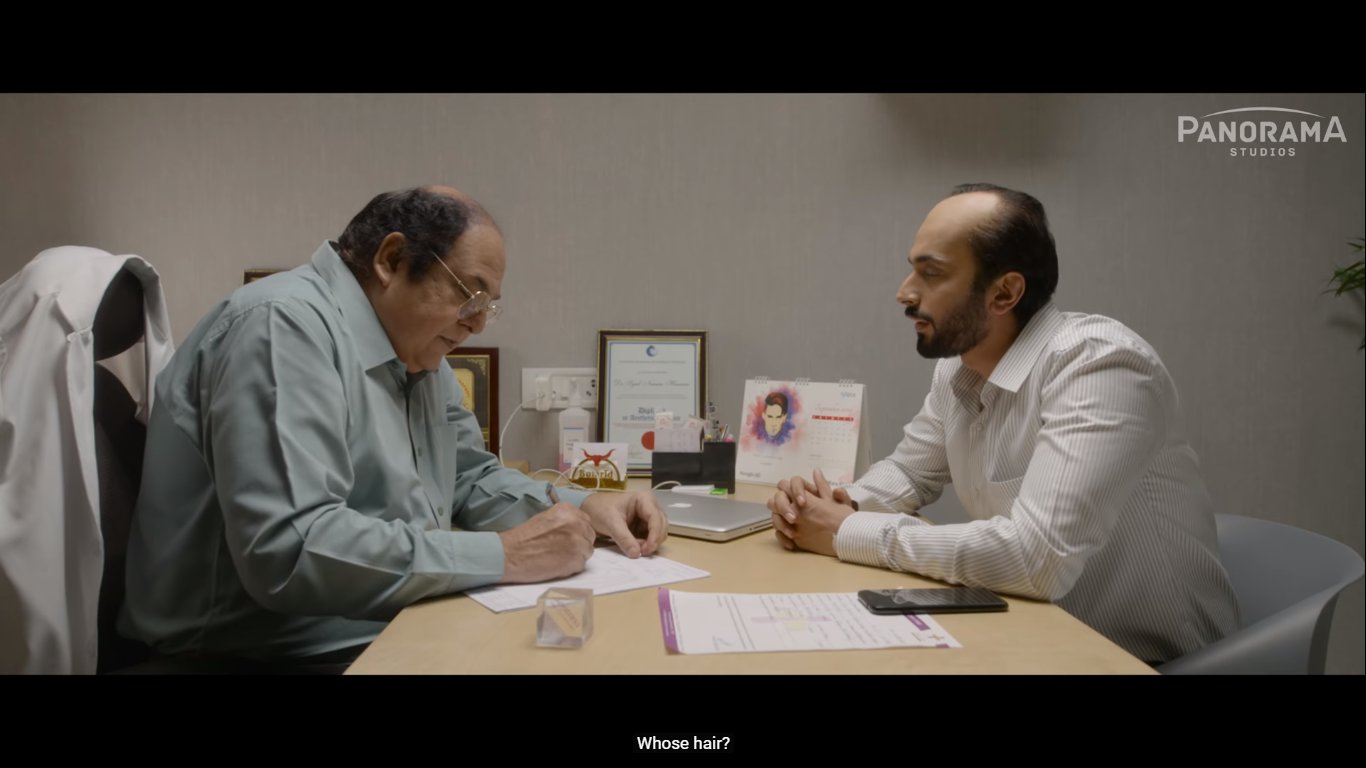
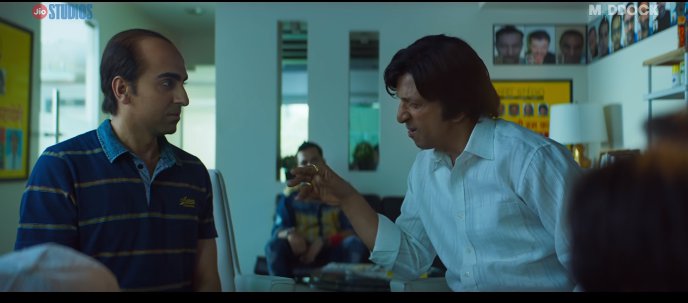
3. Both movies show that the protagonist suffers a heartbreak–brought on by a conventionally beautiful girl–before falling for the girl with the ‘unconventional’ looks.
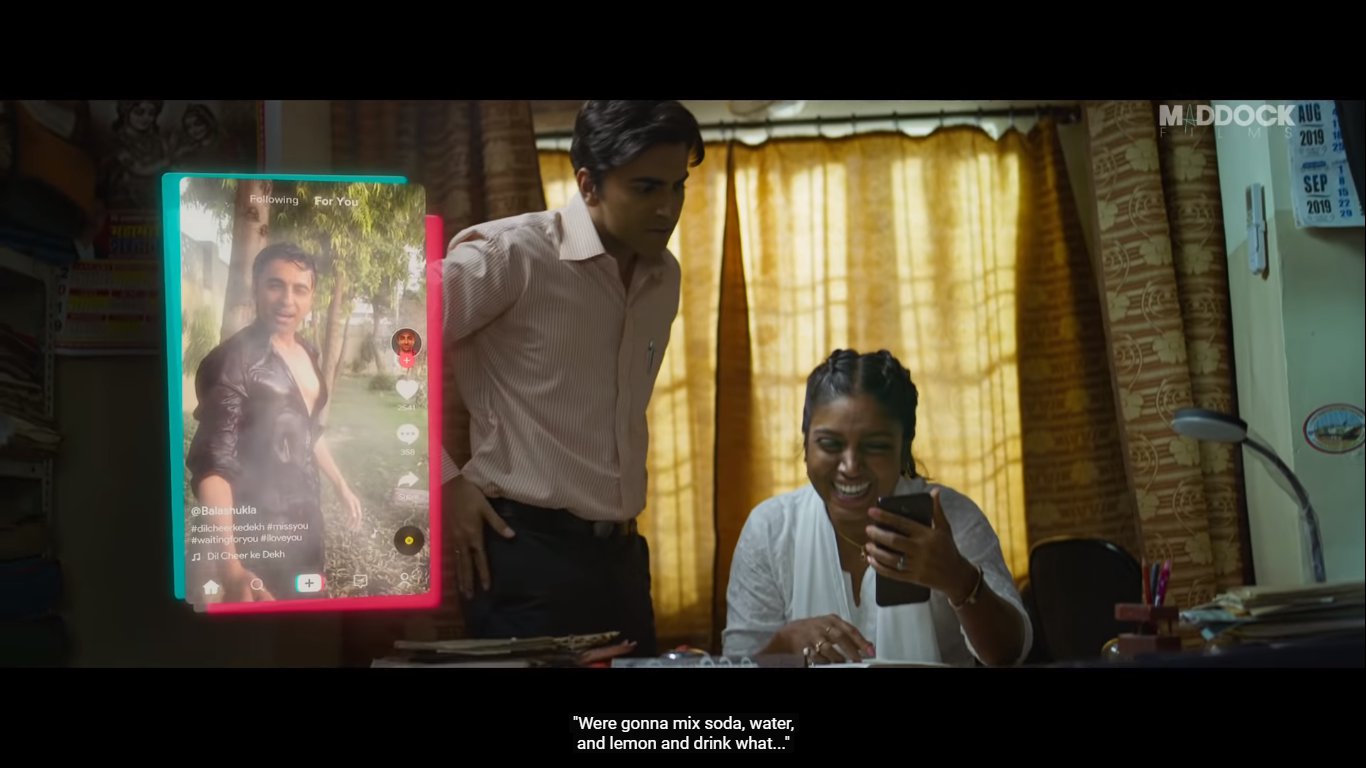
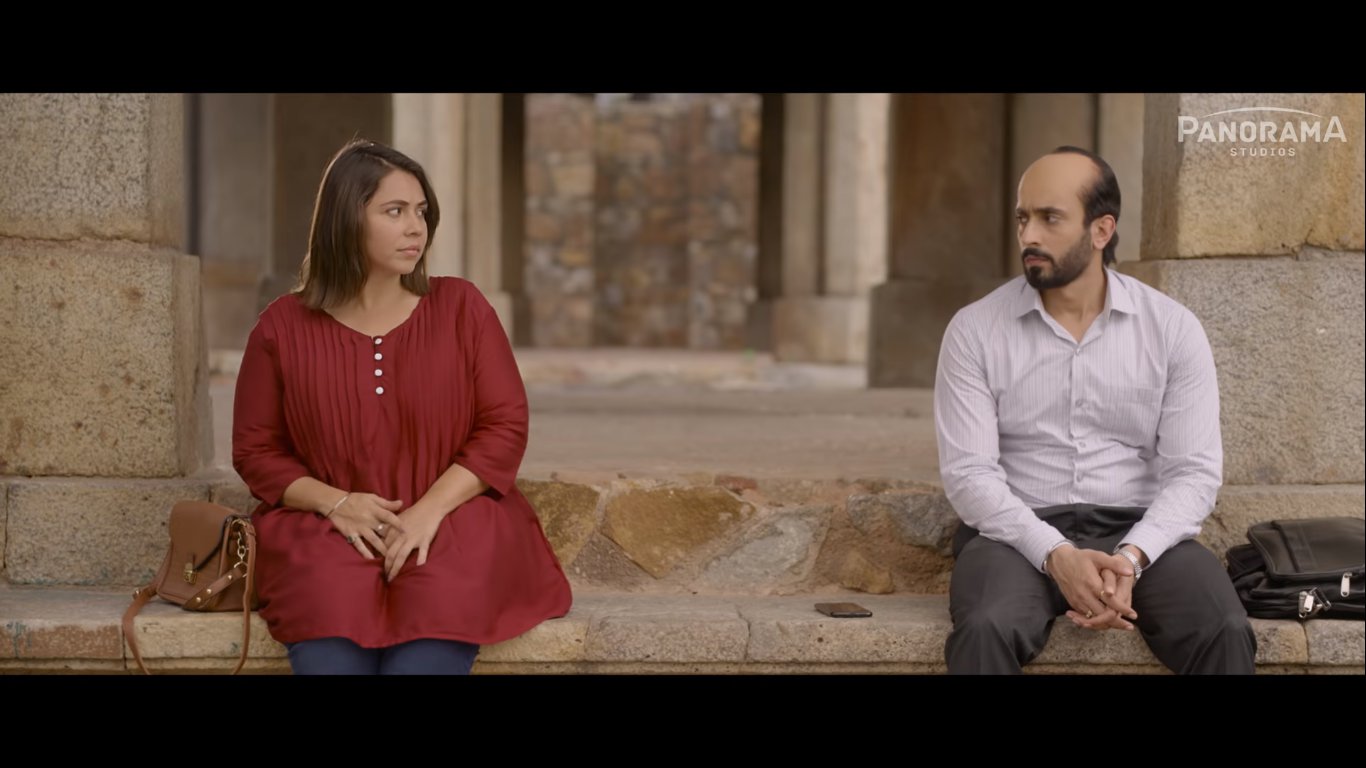
4. In both cases, there is a monologue in the end where the protagonist offers an insight into his own understanding of society’s obsession with looks.
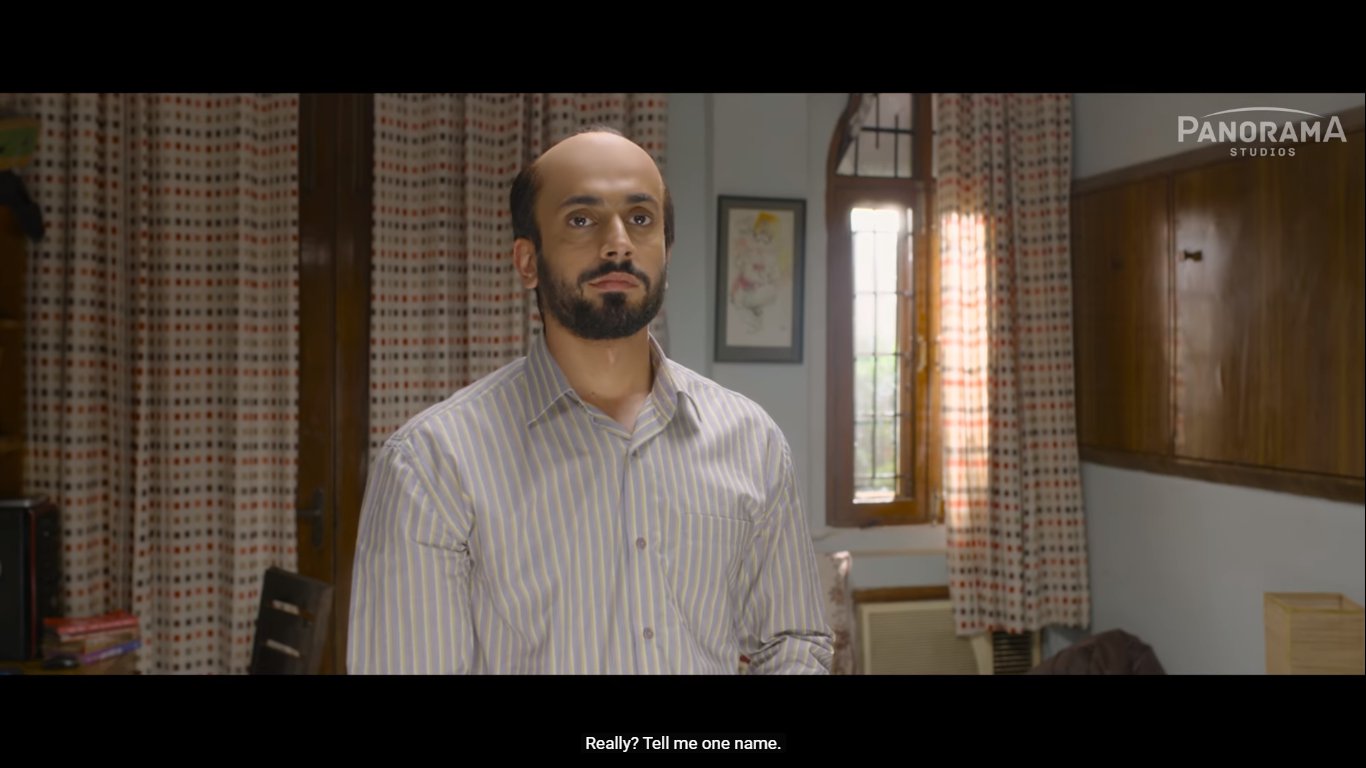
However, that’s where the similarities end. And while Ujda Chaman is definitely a romantic comedy, Bala has elements of romance but is ultimately a comedy-drama.
Simply put, the former focuses on the protagonist’s love story (and loses focus from the main story), whereas Bala sticks to its theme – a protagonist’s journey of coming to terms with premature balding. And in this competition, Bala definitely emerges as the winner.
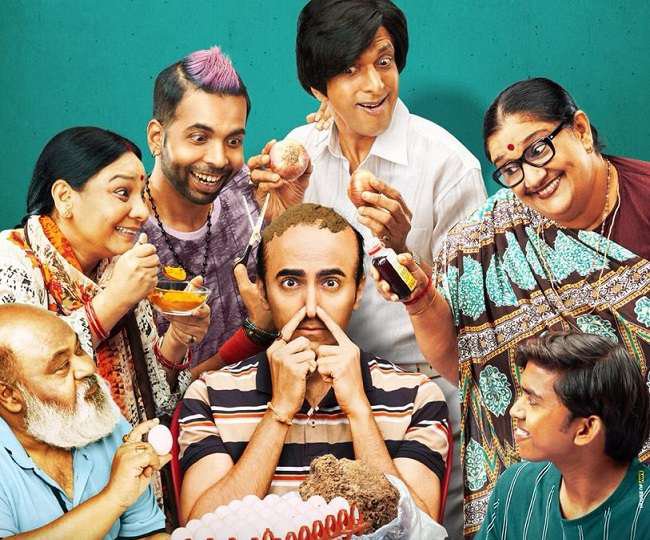
It’s not just the genres where the film differs. It’s also in its treatment of the central subject. Ujda Chaman appears to be a rushed drama, which seems to have stuck to the brief of delivering the punches, adding a preachy climax, and wrapping it up with a healthy smattering of body-shaming remarks.
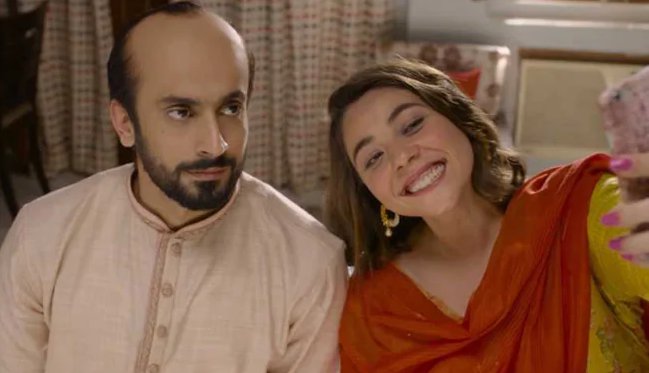
With Bala, remarks on a person’s appearance are part of the film, and not a character trait of the protagonist (like it appeared to be with Ujda Chaman). Also, the women in the film are individual characters, that do not exist simply to hurt or transform the lead. The female characters in Bala are also not unnecessarily evil or unidimensional.
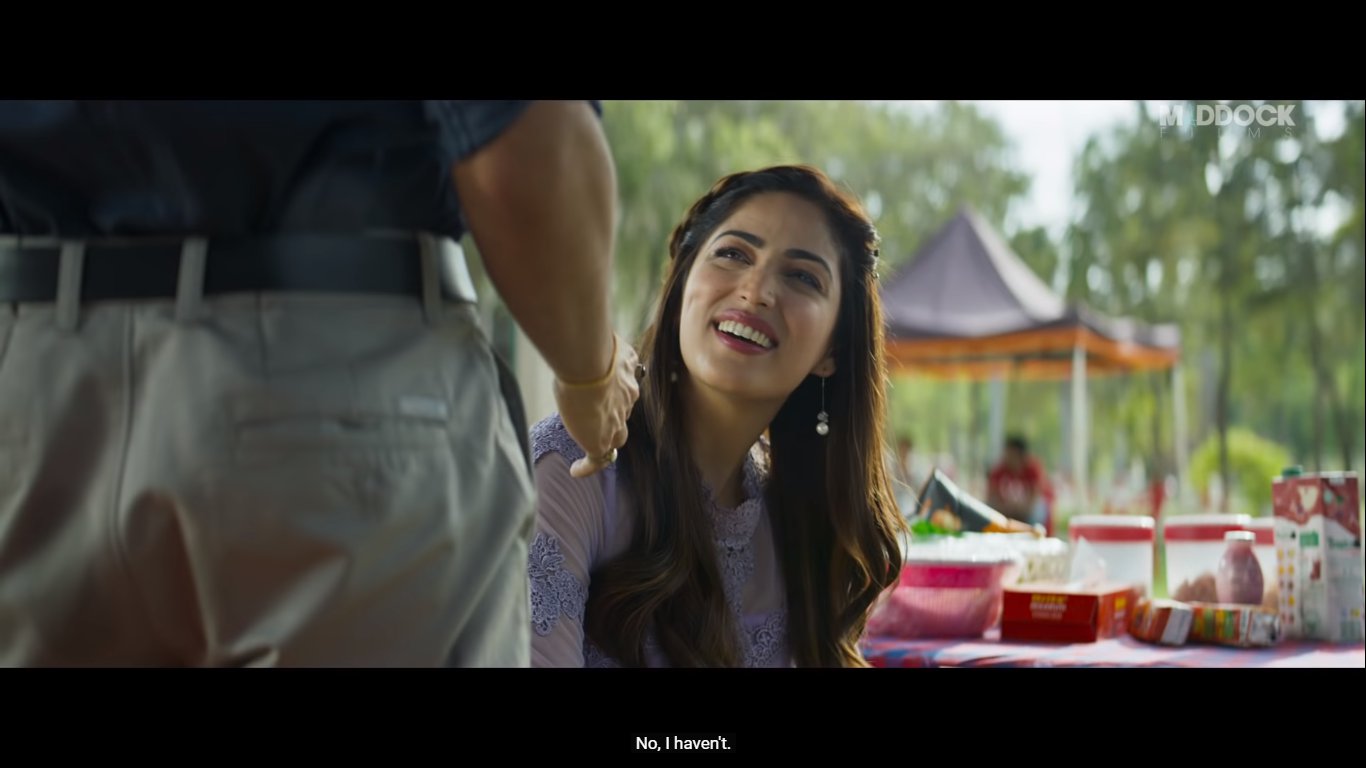
Lastly, Bala‘s ‘happy ending’ truly lies in the acceptance of his appearance, and not in finding love. Also, unlike Ujda Chaman, Bala’s monologue, in the end, is well-supported by the instances presented in the film earlier.
With Ujda Chaman, the protagonist’s transformation was too sudden and too preachy to appear believable. But, Bala is established as a struggling stand-up comic in the film. Thus, when he comments on his appearance and society standards through a stand-up, it fits within the story’s premise.
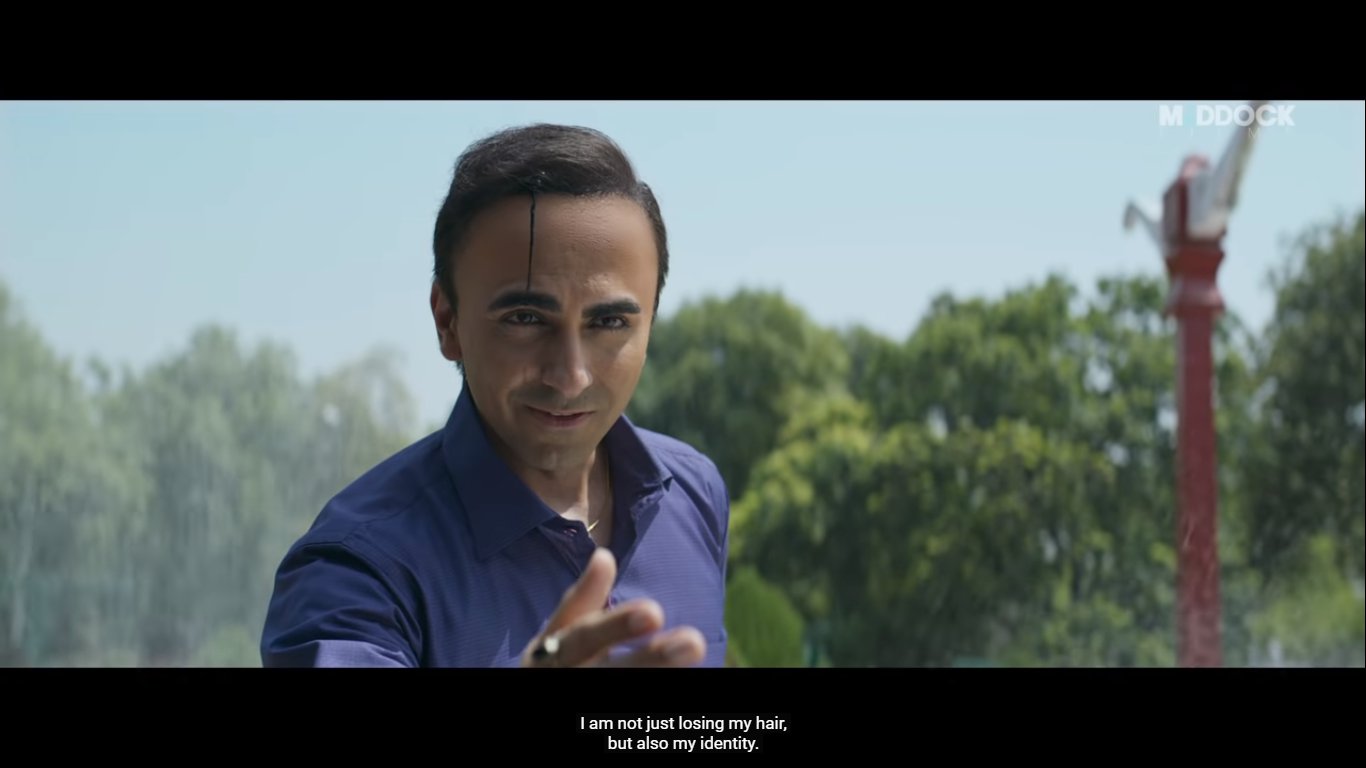
In my personal opinion, both films don’t do complete justice in presenting society’s flawed beauty standards. But while Ujda Chaman creates more issues than it resolves, Bala at least moves in the right direction.
Find stories on movies and more at ScoopWhoop.com.

















